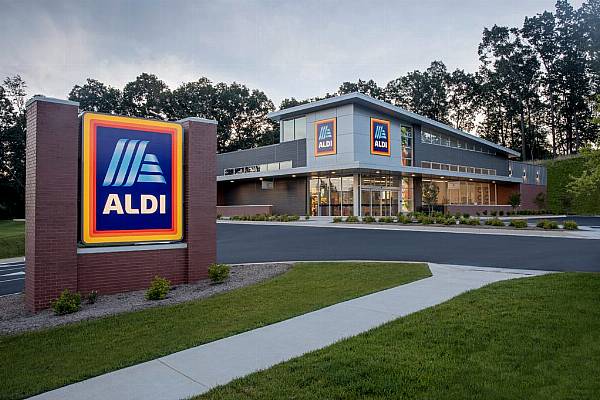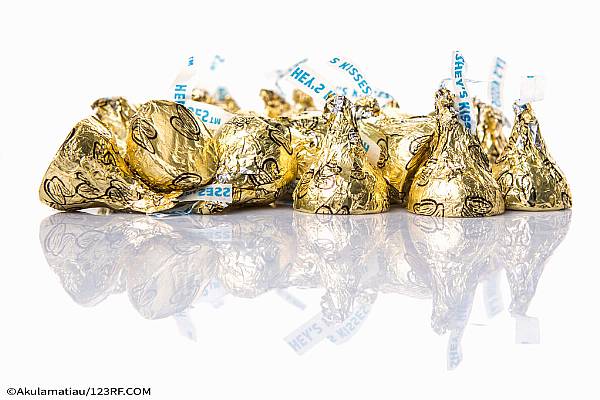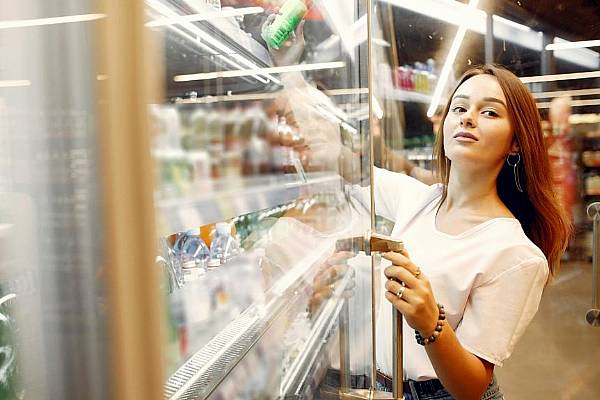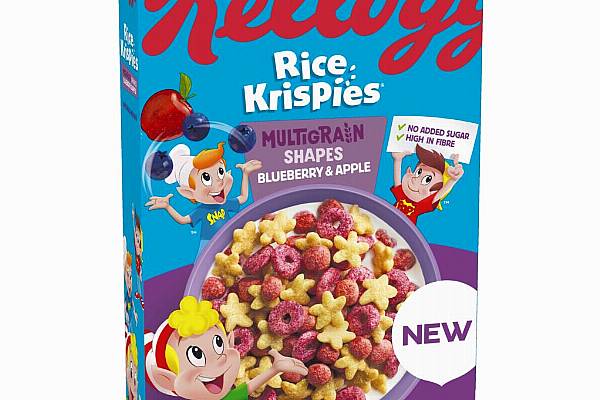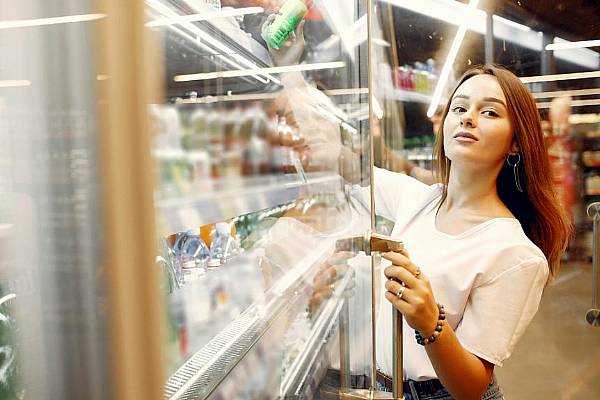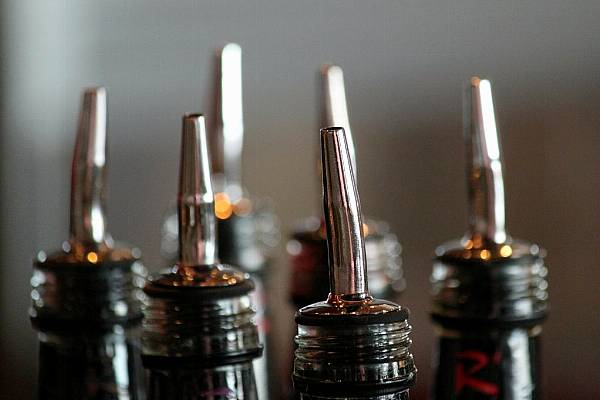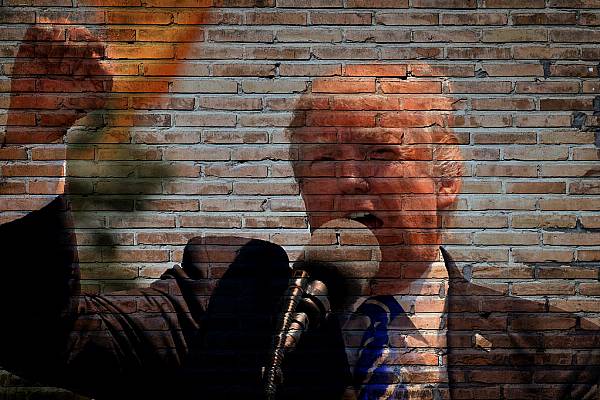Starbucks is under fire from Colombian farmers and an opposition lawmaker for offering foreign coffee at its Bogota stores after pledging to serve "100 per cent locally-sourced" brew in the Andean nation.
When it opened its flagship outlet in the capital last July, the company said its Colombia stores would be “the first anywhere in the world to serve exclusively locally-sourced Starbucks coffee,” as well as “whole bean packaged coffee from other markets around the world.”
Yet the Seattle-based company also serves cups of coffee from Guatemala, Kenya, Panama and Hawaii at its Bogota stores, frustrating local growers.
“They came here and made a promise,” said Oscar Gutierrez, a spokesman for Dignidad Cafetera, a national coffee farmers’ lobbying group. “It’s very bad for Colombia that a multinational comes here, sells foreign coffee and sends the profits back to its headquarters.”
Alisha Damodaran of Starbucks’ Global Communications said by phone that the “100% locally-sourced” pledge applies to drinks such as cappuccinos, frappuccinos and espressos sold in the stores, and hasn’t changed. Colombia and India are the only countries where this guarantee exists, she said, which means that a customer ordering an espresso in a Bogota outlet would be given local coffee.
Jorge Enrique Robledo, an opposition senator from Caldas province, one of Colombia’s main coffee-growing regions, said Starbucks’ sale of foreign coffee is hurting Colombian farmers at a time when they are facing a “grave” situation due to a slump in prices.
“This is a way of importing coffee into Colombia, and it damages the coffee growers,” said Robledo, who represents the Alternative Democratic Pole party.
Arabica coffee prices have fallen by about 32 per cent over the last six months, amid improving prospects for the crop in Brazil, the world’s top producer and exporter. Gutierrez and other coffee leaders are meeting with lawmakers on 9 March to seek government assistance for growers.
Bloomberg News, edited by ESM

